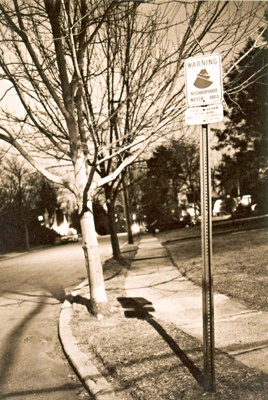All Nonfiction
- Bullying
- Books
- Academic
- Author Interviews
- Celebrity interviews
- College Articles
- College Essays
- Educator of the Year
- Heroes
- Interviews
- Memoir
- Personal Experience
- Sports
- Travel & Culture
All Opinions
- Bullying
- Current Events / Politics
- Discrimination
- Drugs / Alcohol / Smoking
- Entertainment / Celebrities
- Environment
- Love / Relationships
- Movies / Music / TV
- Pop Culture / Trends
- School / College
- Social Issues / Civics
- Spirituality / Religion
- Sports / Hobbies
All Hot Topics
- Bullying
- Community Service
- Environment
- Health
- Letters to the Editor
- Pride & Prejudice
- What Matters
- Back
Summer Guide
- Program Links
- Program Reviews
- Back
College Guide
- College Links
- College Reviews
- College Essays
- College Articles
- Back
The House on Mango Street by Sandra Cisneros
The transition from childhood to adulthood is already difficult for many people. For Esperanza, the main character in the book, The House on Mango Street by Sandra Cisneros, this life change is even more challenging for her due to the fact that she is a poor Latina girl desperate to escape from her family and neighborhood. I would recommend this book to someone only if the reader was also looking for their place in society and figuring out how to cope with poverty and an uncertain future.
Esperanza has just moved to the house on Mango Street in a poor Mexican-American neighborhood of Chicago. She is surrounded by boys and men who want to take advantage of her as well as girls and women who are trying to cope with life. She is disappointed in many aspects of her life, including her house, and even her name, which she feels doesn’t fit her. Over the course of a year, Esperanza shares her observations and opinions of other people in her community. As she matures into a 13 year old, she realizes that all of these women are married into poverty and their futures are controlled by their husbands. While Esperanza is looking for love, growth, and personal fulfillment, she does not find examples of what she desires in her environment.
I do recommend reading this book. However, for me, unlike Esperanza, I already know what I want to be when I grow up and my place in society. For example, Esperanza, in the vignette “The Family of Little Feet”, is excited about wearing fancy high heels, but on the other hand, on pages 41-42, after a grown man says he wants to kiss her for a dollar, Esperanza is uncomfortable and says, “We are tired of being beautiful” and she and her friends take off the shoes. She is showing that she is unsure about whether she wants to be a child or a woman. Later in the book, on page 88, Esperanza is starting to learn about what she wants. She says, “I have decided not to grow up tame like the others who lay their necks in the threshold waiting for the ball and chain.” This means that she doesn’t want to get married if it means being controlled by a man. While I learned some things from reading this book, I do recognize that Esperanza, unlike me, came from a place where people are trapped by poverty. Her experience with poverty makes it harder for her to mature.
Many teens may be able to identify with some of the struggles Esperanza is facing if they also live in poverty. The House on Mango Street is valuable because it portrays a character that is, at first, unsure about what she wants to do and where she wants to go when she grows up. Although she struggles to find her place in the world, she still succeeds to find a passion, writing, that will help her control her future.

Similar Articles
JOIN THE DISCUSSION
This article has 0 comments.
